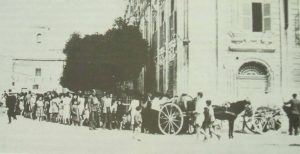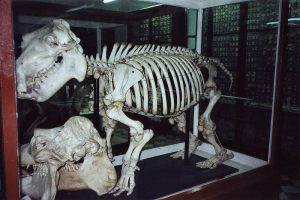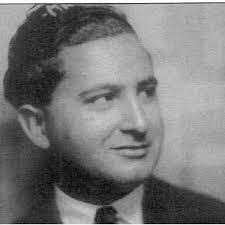27 years ago Saadun Suayeh was at Mdina, one of the places where he feels most at home in Malta, and had what James Joyce calls an epiphany: a deeply spiritual moment, “a sudden revelation in which any subject of common life … becomes ‘revealing’ the true meaning of life to those who perceive its symbolic value”:
“In the silence rang the bells
Of the magnificent cathedral
Piercing the stillness
Echoing against the walls
But alone in them I heard
The call to the prayer
By a forlorn “ mwezzin”
“Sweetly in my heart a great joy I felt
The joy of prayer to Allah
For he was there
In the church
In the mosque
And everywhere air
A moment of serenity wonderfully rare
But the speaking silence was always there
…
“Alas, silence persistently whispered in my ear
Many tongues I continued to hear
Comprehensible
Incomprehensible
To all I lent a sympathetic ear
For amidst that Mdina atmosphere
Cured was I of every fear”
Saadun Suayeh showed his ‘Ode to Mdina’ to Oliver Friggieri, who was pleasantly surprised that Libya’s ambassador to Malta was also a poet. On 19th May 1997 Oliver wrote a letter to Saadun telling him that he liked his ‘Ode to Mdina’ very much “to the extent … that I decided to translate it into Maltese.” He admitted that he was “Unhappy with using the word ‘waitress’ “for which there is no equivalent in Maltese …” But apart from that “… the Semitic character is retained as much as possible. That is the way I still think Maltese poetry should be written. … Poetry – as you say (so well) in your ode -is at least a self-exploratory exercise, perhaps self-redeeming, after all it is basically an act of faith in God who has united us in a world full of mysteries.”
Similarly, in a letter to his brother Stanislaus, Joyce had written that when describing epiphanies he was trying to give his readers “a kind of intellectual pleasure or spiritual enjoyment by converting the bread of everyday life into something that has a permanent artistic life of its own”.
In ‘A Portrait of the Artist as a Young Man’ Joyce calls an epiphany similar to what Saadun Suayeh had in Mdina “transmuting the daily bread of experience into the radiant body of eternal life”.
In his epiphany Saadun Suayeh brings together Muslim Mdina and Christian Mdina, the forlorn muezzin of 800 years ago and toda’s pealing of the Cathedral’s bells, uniting mystically the cathedral, the mosque, Maltese and Arabic “In the joy of prayer to Allah” in the city which still retains the name the Arabs gave it centuries ago.
Not for Saadun Suayeh ‘The Clash of Civilizations’ as propounded by Samuel P. Huntington that people’s cultural and religious identities will be the primary cause of future wars in the post-Cold War world. On the contrary, as a diplomat and a poet Saadun Suayek knows that one of the biggest challenges facing the world today and on which our survival depends is learning to live together. As the Lebanese born poet Khalil Gtibran says: “You are my brother and I love you. I love you when you prostrate yourself in your mosque, and kneel in your church and pray in your synagogue. You and I are sons of one faith – the Spirit.”




